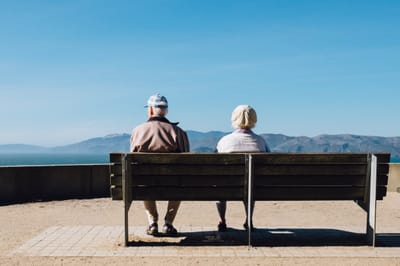Registering a Death

There are 3 things you must do in the first few days after someone dies:
- Get the medical cause of death certificate from the GP or hospital doctor. You’ll need this to register the death.
- Register the death within 5 days (8 days in Scotland). You’ll then get the documents you need for the funeral.
- Arrange the funeral – you can contact Funeral Care Scotland before the registration has taken place and we will guide you through the most current procedures using up to date guidelines
Ask for a Tell Us Once appointment with the Registrar. This reports a death to most government organisations in one go, saving you valuable time.
Who is responsible for registering a death
If the death occurred inside a house or public building such as a hospital, the following people may register the death:
- A relative
- Someone who was present at the death
- The occupier of the house or an official from the public building where the death occurs, e.g. the hospital
- The person making the arrangements with the funeral director
- A relative
- Someone who was present at the death
- The person who found the body
- The person who is in charge of the body
What to bring
You must take the medical certificate showing the cause of death with you. You should also try to bring the person’s:
- birth certificate
- NHS medical card
- proof of their address, like a utility bill
- council tax bill
- a driving licence
- passport
- marriage or civil partnership certificate
- the person’s full name (at the time of their death)
- any other names that the person used (e.g. a maiden name)
- their date and place of birth, including the town and county if they were born in the UK, or just the country if they were born abroad
- their last address
- their occupation or last occupation if now retired
- the full name of their husband, wife or civil partner, if they’ve died
- details of any state pension or other state benefit they were receiving


